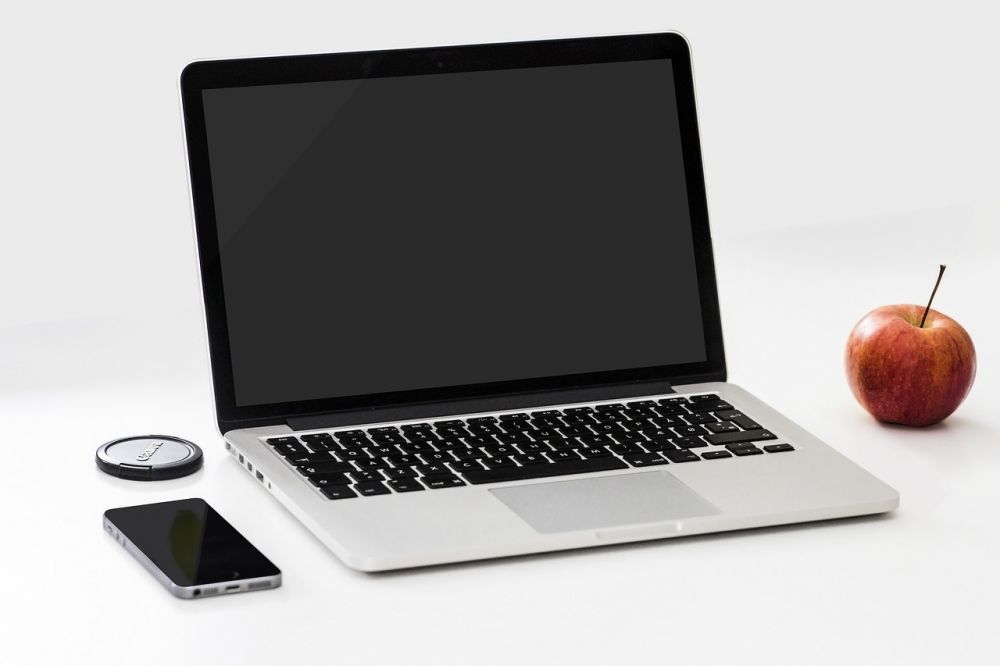VPN on iPhone: An In-depth Guide for Tech Enthusiasts

Introduction
In today’s digital age, privacy and security have become critical concerns for smartphone users. As such, the use of Virtual Private Networks (VPNs) has gained immense popularity, particularly among iPhone users. In this comprehensive article, we will delve into the world of VPNs and explore their various types, popularity, quantitative metrics, and differences. We will also take a historical look at the advantages and disadvantages of different VPNs specifically designed for the iPhone.
An Overview of VPN on iPhone

A VPN, or Virtual Private Network, is a technology that allows users to establish a secure connection between their device and the internet. It encrypts the data transmitted, ensuring privacy and safeguarding information from potential hackers, government surveillance, and other malicious activities. When it comes to the iPhone, VPNs provide an additional layer of security for users’ online activities, making it an attractive tool for tech-savvy individuals.
Types of VPN for iPhone
There are several types of VPNs available for iPhone users. The most common ones include:
1. OpenVPN: It is an open-source protocol widely used for its strong security measures and versatility.
2. IPSec: This protocol is known for its ability to establish secure connections, making it a popular choice for iPhone users.
3. L2TP/IPSec: This combination provides both tunneling and encryption, ensuring data confidentiality.
4. IKEv2: Developed by Microsoft, it boasts excellent speed and stability, making it a preferred option for iOS devices.
Popular VPNs for iPhone
When it comes to popularity, certain VPNs have risen to the top among iPhone users. These include:
1. NordVPN: Known for its robust security features, fast speeds, and a vast server network.
2. ExpressVPN: A popular choice due to its user-friendly interface, rapid speed, and reliable customer support.
3. CyberGhost: Offers an intuitive app design, strong encryption, and an extensive server network.
4. Surfshark: Noteworthy for its unlimited simultaneous connections and affordable pricing plans.
Quantitative Metrics of VPN on iPhone
To gauge the performance of VPNs on iPhones, various quantitative measurements can be considered. These include:
1. Connection speed: VPNs can impact internet speeds, and measuring the decrease in connection speed can assist users in selecting the most optimal VPN for their iPhone.
2. Server network: The number of servers and their distribution across different regions play a significant role in providing users with a wide range of options for browsing and accessing region-restricted content.
3. App ratings and reviews: Analyzing user ratings and reviews on the App Store helps determine the overall satisfaction level and performance of different VPN providers.
Differences Between VPNs for iPhone
While all VPNs serve the common purpose of safeguarding privacy and security, they differ in certain aspects. These differences include:
1. Protocols and encryption: Each VPN may utilize distinct protocols and encryption methods, varying in their level of security and performance.
2. User interface and experience: VPNs offer different interfaces and user experiences, which can impact ease of use and overall satisfaction.
3. Pricing and subscription models: VPNs offer various pricing plans and subscription models, allowing users to choose one that best suits their needs and budget.
Historical Overview of Advantages and Disadvantages
Over time, VPNs for iPhones have evolved, offering distinct advantages and disadvantages. Some of the historical benefits include:
1. Enhanced privacy: VPNs allow users to browse the internet anonymously, hiding their IP address and preventing online tracking.
2. Access to restricted content: VPNs enable users to bypass geo-restrictions, making it possible to access content that may be blocked in their region.
However, limitations have also been observed, such as:
1. Decreased internet speed: The encryption and rerouting of data can result in reduced connection speeds.
2. Dependence on VPN providers: Users must trust VPN providers with their data, which raises concerns about their reliability and potential data logging.
Conclusion
As technology advances, the importance of VPNs on iPhones cannot be overstated. With the ever-growing need for online privacy and security, VPNs provide a viable solution for iPhone users. Understanding the different types, popularity, quantitative metrics, and distinctions between VPNs will enable tech enthusiasts to make informed decisions. The historical benefits and drawbacks also provide valuable insights into the evolution of VPNs designed specifically for iPhones. So, whether you are concerned about online privacy or eager to explore restricted content, a VPN on your iPhone might just be the right tool for you.





